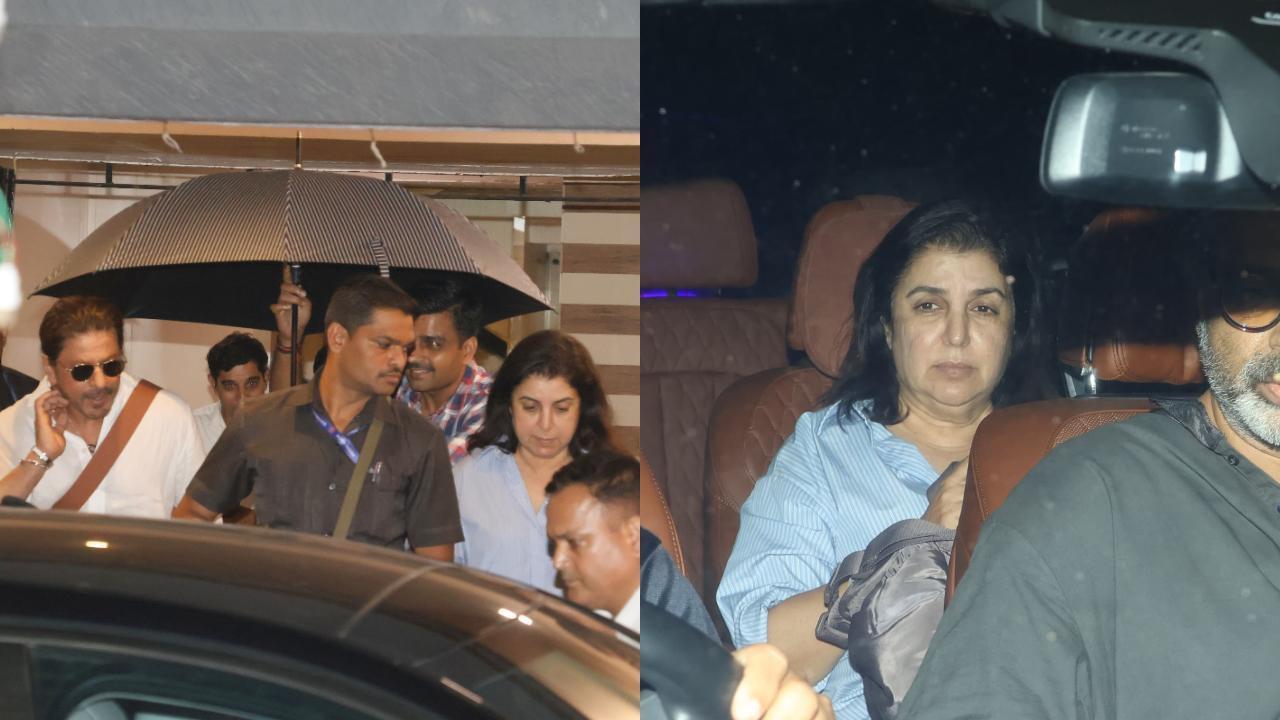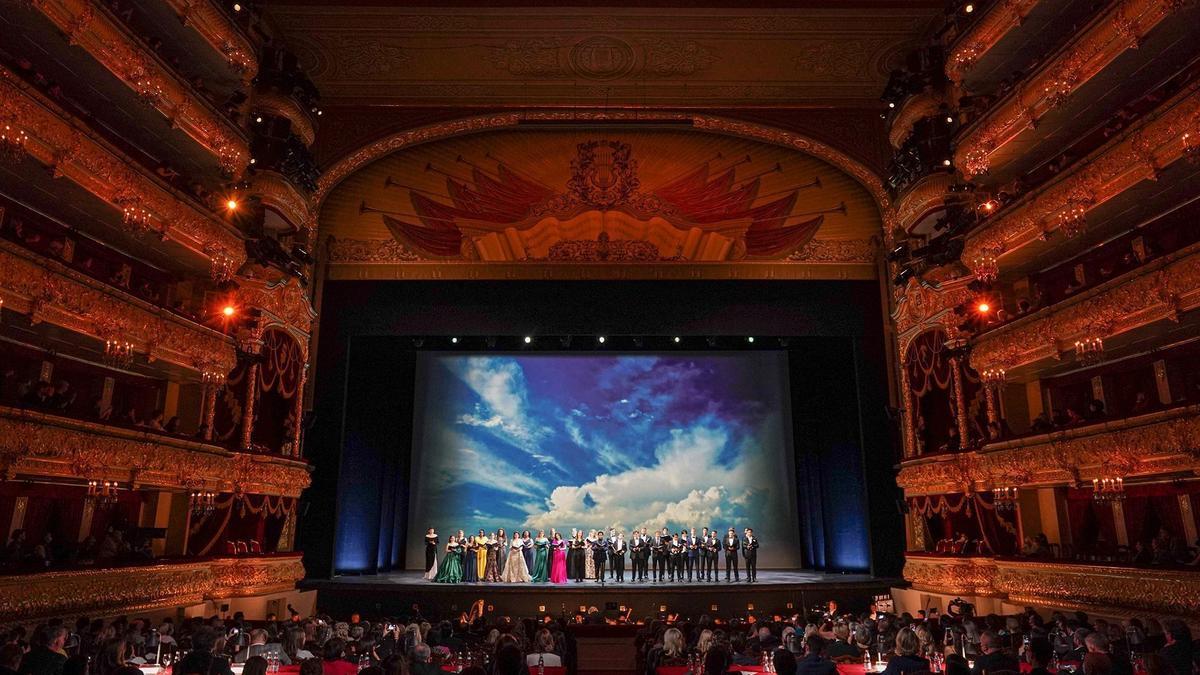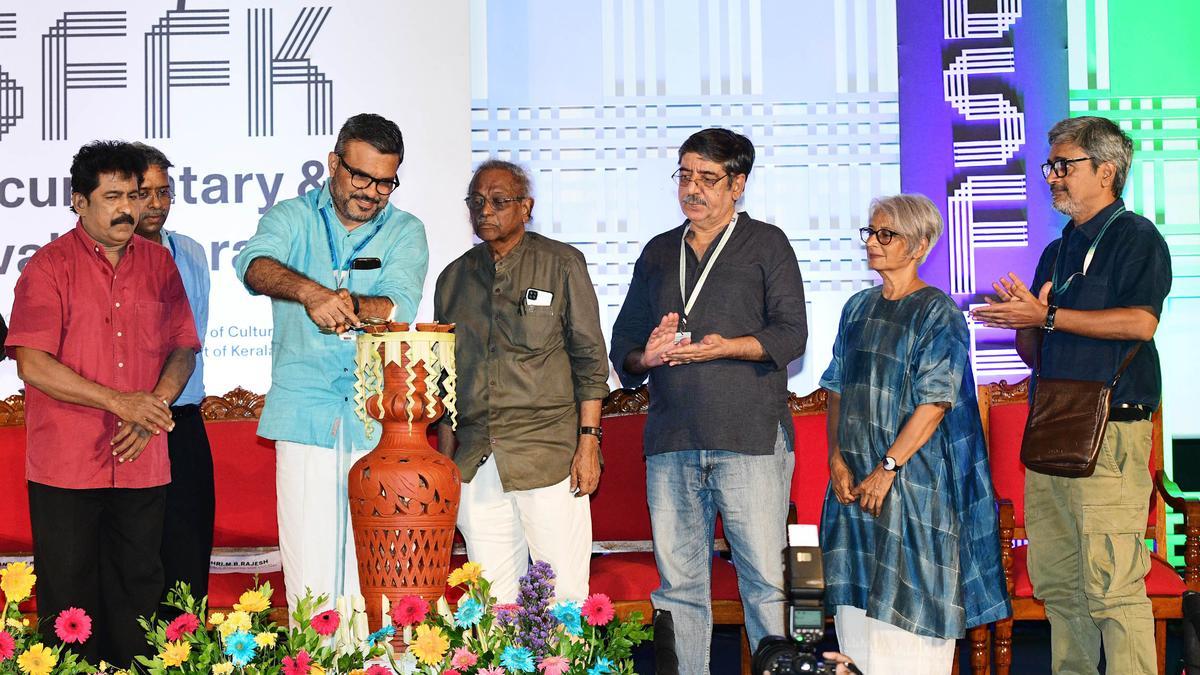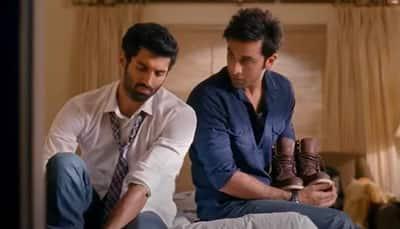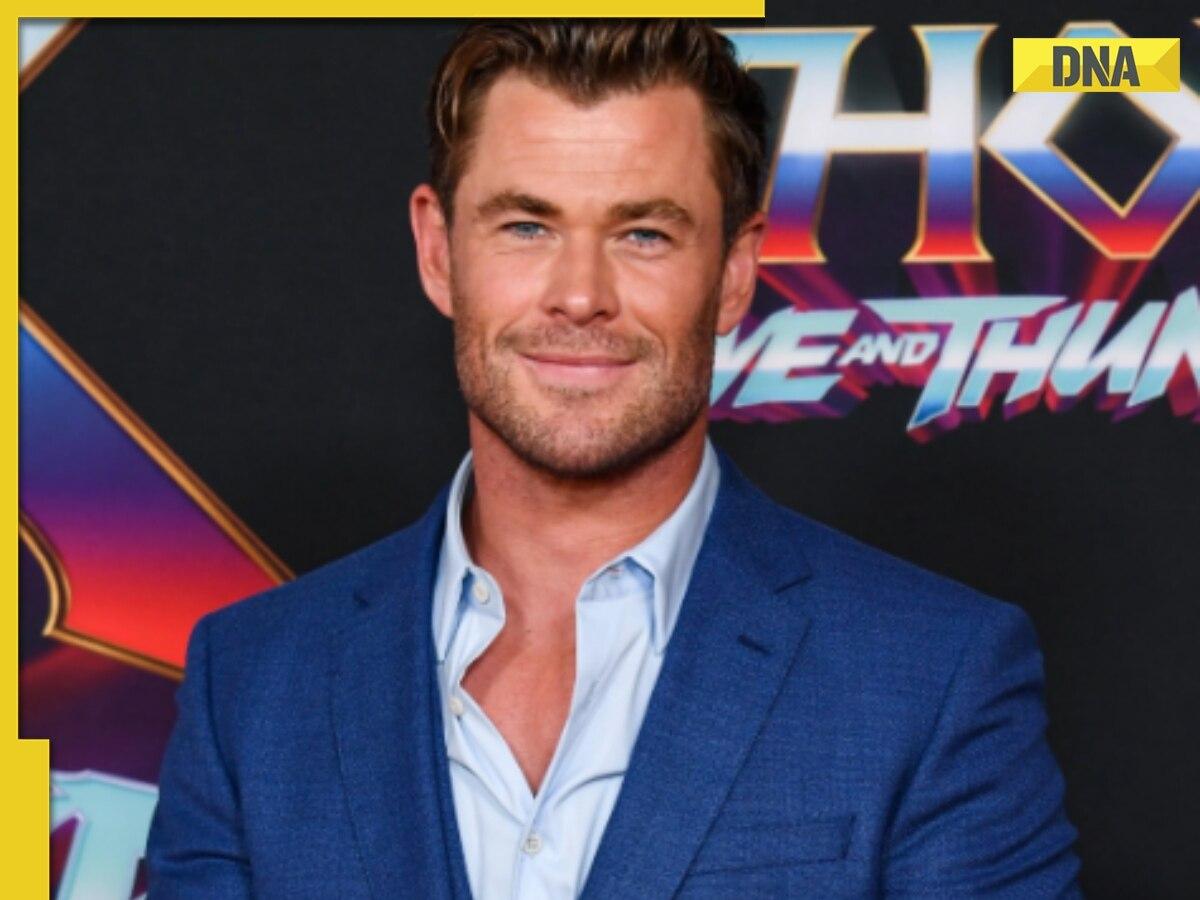
Amidst a bustling Hollywood scene, where each film genre vies for both critical acclaim and box office success, Chris Hemsworth, the acclaimed Australian actor renowned for his portrayal of Thor in the Marvel Cinematic Universe, has recently voiced his opinion on the critique levied against the superhero genre by esteemed directors Martin Scorsese and Francis Ford Coppola. In what could be seen as a clash of cinematic titans, the actor expressed that the disparaging remarks from such film icons felt unduly “harsh” and prompted an “eye-roll.”
The controversy stemmed from Scorsese’s 2019 comment likening superhero flicks more to theme parks than cinema, a sentiment which Coppola escalated by branding such films as “despicable.” Hemsworth, a staunch advocate for the superhero domain, highlighted his respect for both filmmakers yet found their criticism particularly jarring given their revered status in the industry.
As a seasoned participant in Marvel’s blockbuster brigade, Hemsworth articulated his reflections during an interview with The Times of London. He underscored the universal appeal of superhero narratives, questioning the rationale of the renowned directors by pointing to the billions of viewers who have embraced these stories. Hemsworth suggested their critical opinions overlooked the vast audience engagement, effectively questioning if the numerous fans were in error for their preferences.
The star’s defense of Marvel’s endeavors extended to the suggestion that superhero films sustained audience interest in cinema during the rise of smartphone and social media consumption—a period that saw traditional film-going experiences challenged. He proposed that the success of such films contributed to keeping cinemagoers engaged, counteracting Scorsese’s argument that the superhero phenomenon had harmed mid-budget and indie film projects.
In his candid discussion, Hemsworth also delved into the irony of criticism coming from peers who had themselves appeared in the MCU. Although avoiding direct references, his commentary seemingly targeted fellow actors, like “Thor: Love and Thunder” co-star Christian Bale, who had once bemoaned the monotonous aspect of acting before green screens. Idris Elba, another co-star, had referred to the experience as “torture.” Hemsworth’s response pointed to a notion of inconsistency, where actors might initially seek success through high-profile films but later critique the very platform that provided them with recognition.
Hemsworth recalled his own early days on the Australian soap opera “Home and Away,” sharing a memory of an older actor’s advice on humility and the craft of acting, which had stayed with him through his career. His take on the matter was plain—success is not just about delivering the good lines well but also making the less stellar ones resonate with audiences.
Resonating with a hint of weariness about being typecast, Hemsworth acknowledged that while he has cherished his role as the god of thunder, the actor seeks fresh challenges and roles that instill a sense of fear and excitement within him. He pointed to his involvement in the upcoming “Furiosa: A Mad Max Saga,” directed by George Miller, as an example of him venturing beyond the superhero archetype.
Hemsworth’s sentiments reflect an ongoing debate over whether superhero films constitute true cinematic art or are merely formulaic spectacles. As this discourse continues, fans and filmmakers alike are reminded of the ever-evolving nature of the film industry and the diverse tastes that keep the silver screen flickering with stories for everyone. The anticipation for Hemsworth’s new ventures, including “Furiosa,” which is set for a worldwide release in May, suggests that audiences remain eager to follow their favorite actors, whether they wield a magical hammer or venture into gritty, unexplored cinematic landscapes.



